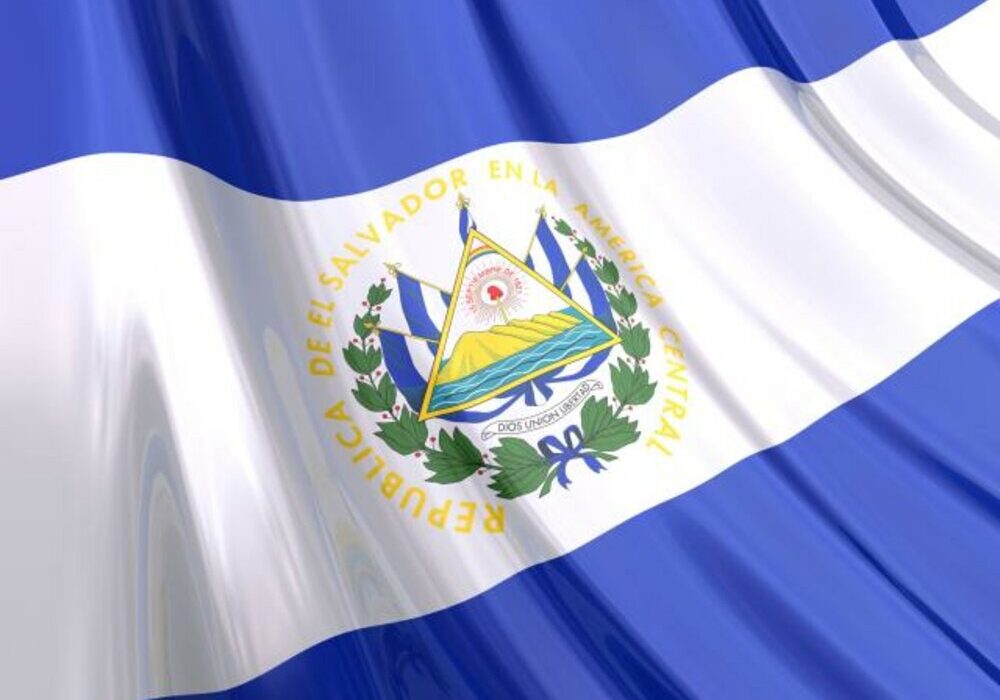El Salvador’s historic move to adopt Bitcoin as legal tender has attracted both global attention and controversy. While the nation became the first in the world to recognize Bitcoin alongside the US dollar as official currency, the decision has sparked financial concerns. On Thursday, Moody’s Investors Service downgraded El Salvador’s credit rating to Caa1, highlighting vulnerabilities in its fiscal position and uncertainties regarding new funding from the International Monetary Fund (IMF).
This article explores the reasons behind the downgrade, the IMF’s stance, and the implications for El Salvador’s economy.
Moody’s Downgrade: A Closer Look
New Credit Rating
- Downgrade: El Salvador’s long-term foreign-currency issuer and senior unsecured ratings have been lowered to Caa1.
- Negative Outlook: Moody’s maintains a negative outlook, reflecting concerns about the nation’s financial stability and repayment capacity.
Key Concerns
- Fiscal Vulnerability:
- Moody’s cited El Salvador’s limited access to alternative funding sources and liquidity pressures.
- The challenging redemption schedule for external debt, beginning in January 2023, adds to these concerns.
- Bitcoin Adoption Risks:
- The adoption of Bitcoin as legal tender has introduced uncertainties about financial integrity and macroeconomic stability.
- Potential environmental and consumer protection risks associated with cryptocurrency were also highlighted.
IMF’s Warnings and El Salvador’s Loan Negotiations
Ongoing Loan Discussions
- El Salvador is negotiating a $1 billion loan with the IMF to address fiscal challenges.
- The IMF has expressed skepticism about the country’s Bitcoin adoption, emphasizing that the risks outweigh potential benefits.
IMF’s Statement on Risks
According to a recent IMF blog post:
“Crypto assets, including Bitcoin, pose significant risks as a national currency, such as macro-financial instability, financial integrity concerns, and consumer protection challenges.”
Uncertain Funding Prospects
Moody’s noted that even if an agreement with the IMF is reached, it may not fully address El Salvador’s high funding costs and liquidity pressures.
Bitcoin’s Role in the Downgrade
Legal Tender Adoption
- On June 9, 2021, El Salvador’s legislative assembly passed a bill making Bitcoin legal tender, alongside the US dollar.
- While seen as a bold move toward financial innovation, the decision has been met with caution by financial institutions like the IMF.
Macroeconomic Risks
The IMF raised concerns about the adoption of cryptocurrency as legal tender, citing risks such as:
- Macro-Financial Instability: The volatile nature of Bitcoin could disrupt economic stability.
- Consumer Protection: Limited awareness and understanding of cryptocurrency could expose consumers to financial risks.
Moody’s Analysis of El Salvador’s Funding Prospects
IMF Program and Funding Alternatives
Moody’s assessment includes potential funding from the IMF but acknowledges that these inflows may not resolve El Salvador’s broader fiscal challenges.
Challenges Highlighted by Moody’s
- High Cost of Funding: The sovereign’s borrowing costs remain elevated, limiting access to affordable financing.
- Liquidity Pressures: El Salvador faces a tight fiscal environment, exacerbated by Bitcoin-related uncertainties.
Economic Implications for El Salvador
Short-Term Challenges
- Investor Confidence: The credit downgrade could deter foreign investors and increase borrowing costs.
- Funding Constraints: Limited access to affordable funding options may hinder fiscal consolidation efforts.
Long-Term Prospects
- If Bitcoin adoption successfully drives financial inclusion and innovation, it could benefit the economy in the long run.
- However, failure to address fiscal vulnerabilities and secure sustainable funding could jeopardize economic stability.
FAQs
Why did Moody’s downgrade El Salvador’s credit rating?
Moody’s downgraded El Salvador’s rating due to fiscal vulnerabilities, uncertainties surrounding IMF funding, and risks associated with adopting Bitcoin as legal tender.
What is El Salvador’s new credit rating?
El Salvador’s credit rating has been downgraded to Caa1 with a negative outlook.
What is the IMF’s stance on El Salvador’s Bitcoin adoption?
The IMF has warned that Bitcoin adoption poses significant risks, including macro-financial instability, financial integrity concerns, and environmental challenges.
What are the risks of adopting Bitcoin as legal tender?
Risks include economic instability due to Bitcoin’s volatility, consumer protection issues, and potential environmental impacts from mining activities.
What is the impact of the downgrade on El Salvador’s economy?
The downgrade could increase borrowing costs, deter investors, and exacerbate liquidity pressures, hindering fiscal recovery.
How is El Salvador addressing these challenges?
El Salvador is negotiating a $1 billion loan with the IMF and pursuing fiscal consolidation measures to stabilize its economy.
Conclusion
El Salvador’s bold experiment with Bitcoin as legal tender has placed it at the center of a global financial debate. While the move signifies innovation, the associated risks have drawn criticism from major institutions like the IMF and prompted a credit rating downgrade from Moody’s.
As the nation navigates fiscal challenges and seeks funding from the IMF, its success will depend on balancing financial innovation with economic stability. The world watches closely as El Salvador charts a unique path in the evolving cryptocurrency landscape.
To learn more about the innovative startups shaping the future of the crypto industry, explore our article on latest news, where we delve into the most promising ventures and their potential to disrupt traditional industries.
Disclaimer: The information provided is not trading advice, Bitcoinworld.co.in holds no liability for any investments made based on the information provided on this page. We strongly recommend independent research and/or consultation with a qualified professional before making any investment decisions.

